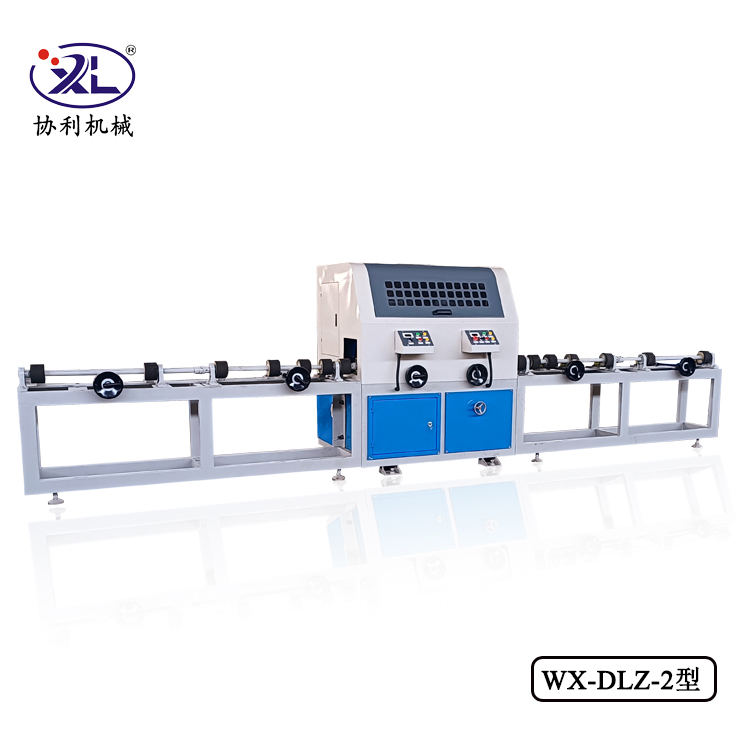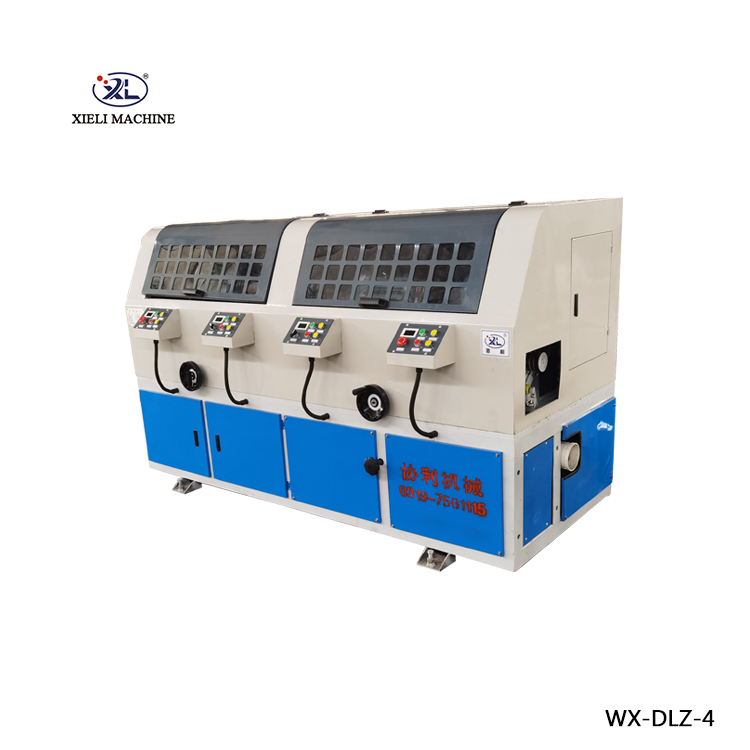For More Details Pls Contact Us
Fiberglass Reinforced Plastic (FRP), also known as fiber-reinforced plastic, is a composite material widely used across various industries.
Select The Product You Need

Round Pipe Metal Polishing Machine For Steel Tube

Round Bar Polishing Machine Factory Price
Follow Our Blog